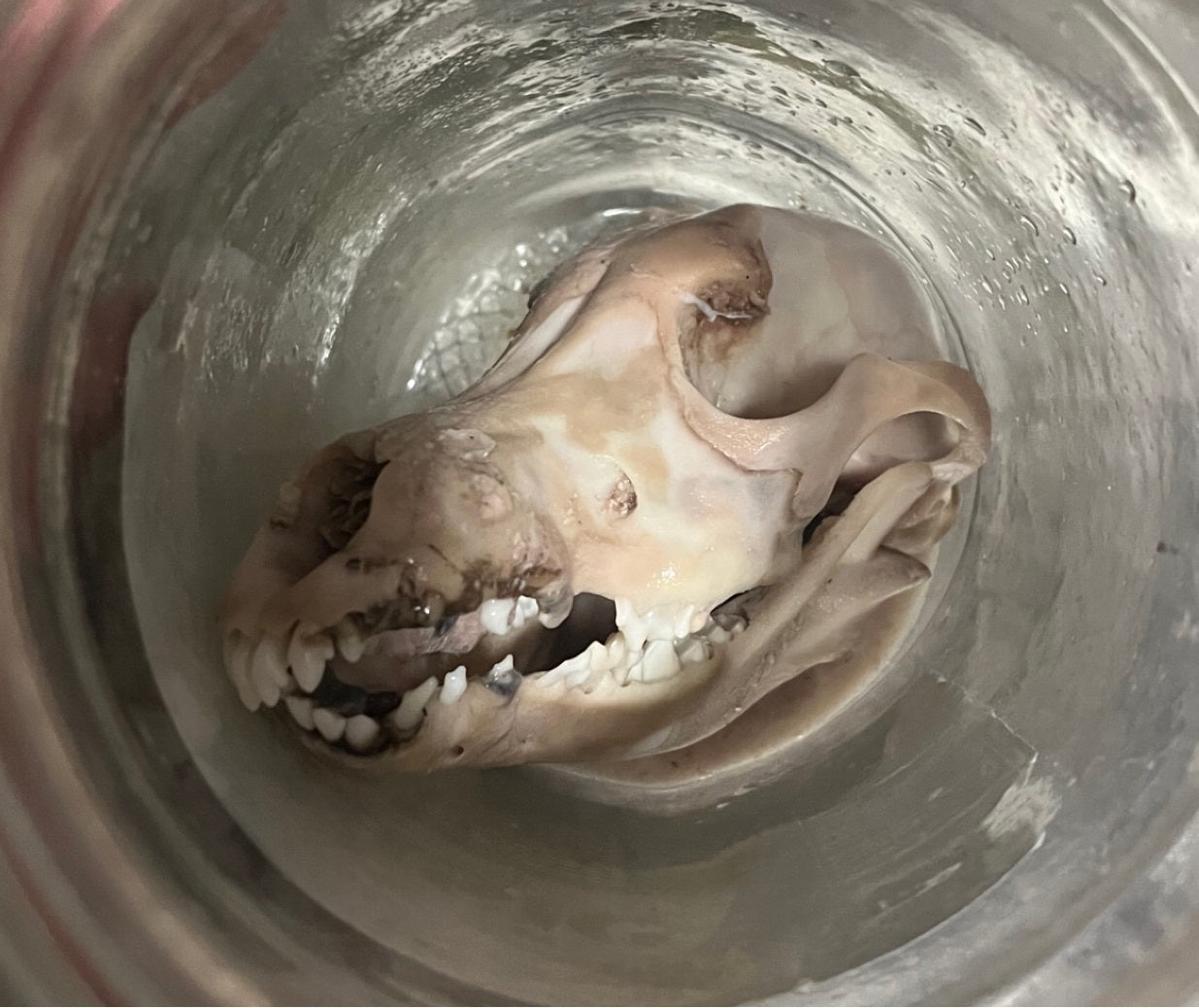
Olfactory Fatigue or “Why is the smell of maceration stuck in my nose”
At suggestion of our good friend, Jane.
Have you ever been struck by a strong odor, like the pungent smell from a maceration bucket, only to find that it seems to stick with you long after you've left the area? This lingering sensation is not just in your imagination but is due to a fascinating process known as olfactory fatigue.
Our ability to detect and identify various smells relies on specialized sensors in our nose called olfactory receptors. These receptors are situated in the nasal cavity and are tasked with picking up different scent molecules and sending corresponding signals to the brain. When we encounter a potent odor, such as the smell emanating from a maceration bucket, these receptors are immediately activated. They send strong signals to the brain, alerting us to the presence and nature of the odor.
At first, a strong odor can be quite overwhelming, but over time, something interesting happens. Our olfactory receptors begin to adapt to the persistent stimulus. This process, known as olfactory adaptation, is essentially our body’s way of preventing sensory overload from constant strong odors. As the receptors adapt, they become less responsive to the smell. It’s as if the receptors are signaling that they’ve registered the odor sufficiently and can now take a break.
This adaptation process might make it seem like the smell is stuck in our noses, but in reality, our receptors have just become less sensitive to the constant odor. This reduced sensitivity means that we don't perceive the odor as intensely as when we first encountered it, even though it is still present in the environment. The sensation of the smell lingering is due to our olfactory system's decreased response over time, making the odor less noticeable.
When we move away from the source of the strong odor or come into contact with different scents, our olfactory receptors reset. This reset allows the receptors to regain their sensitivity, making us able to detect new smells more effectively. This mechanism ensures that our sense of smell remains sharp and responsive to new and varied odors in our environment.